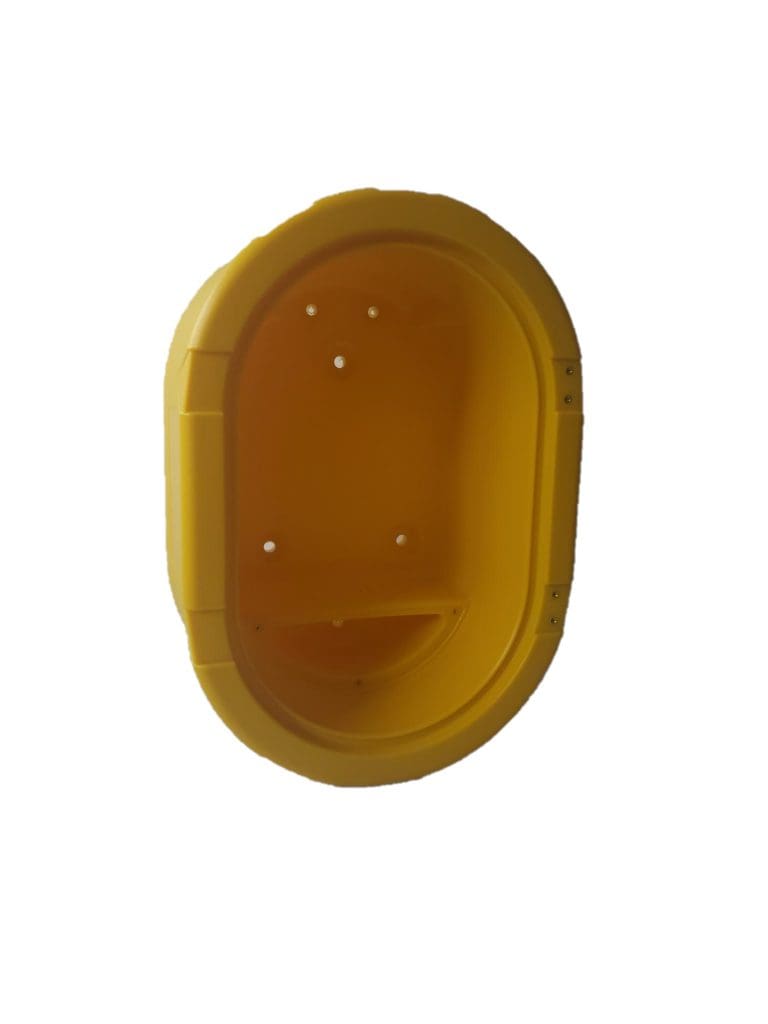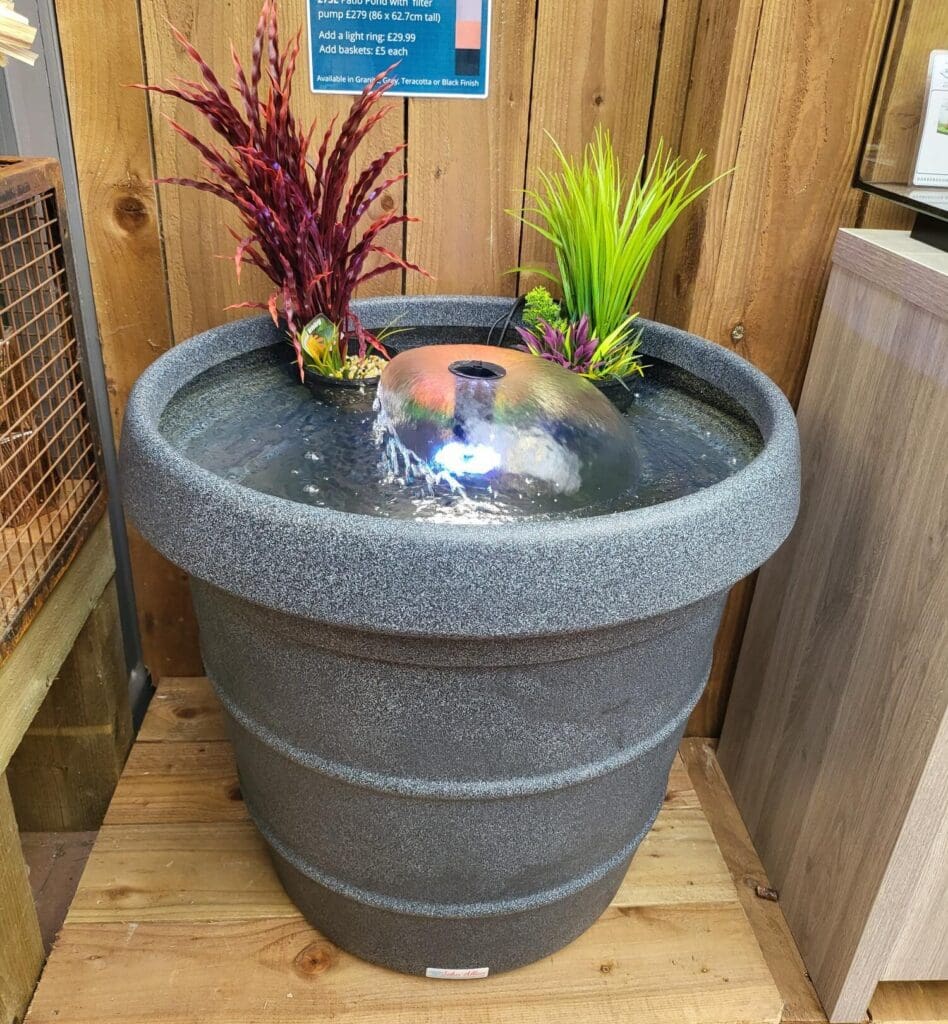Maximising Efficiency and Profits: How to Determine the Ideal Products for Rotomoulding
Rotomoulding , also known as rotational moulding, is a versatile manufacturing process that offers several benefits for businesses. This method involves heating and rotating a hollow mould, allowing melted plastic to evenly coat the interior and solidify into the desired shape. The result is a durable and seamless product with consistent wall thickness.
One of the key advantages of rotomoulding is its ability to create complex and custom designs. Unlike other moulding processes, such as injection moulding, rotomoulding allows for the production of large and intricate products without the need for expensive tooling. This makes it an ideal choice for industries that require unique and specialised components.
Another benefit of rotomoulding is its cost-effectiveness. Since the moulds used in this process are relatively simple and inexpensive to produce, businesses can save money on tooling and setup costs. Additionally, the ability to manufacture multiple products in a single cycle reduces labour and material expenses, further increasing profitability.
Furthermore, rotomoulded products offer exceptional strength and durability. The seamless construction eliminates the risk of weak points or stress concentrations, making them resistant to impact and environmental factors. This makes rotomoulded products suitable for a wide range of applications, including automotive, aerospace, agriculture, and more.
Factors to consider when determining ideal rotomoulding products
Before deciding on the ideal products for rotomoulding, it is important to consider several factors that can impact the success and profitability of your business.
Firstly, market demand plays a crucial role in determining which products to produce. Conduct thorough market research to identify industries or sectors where rotomoulded products are in high demand. This could include areas such as outdoor furniture, industrial containers, water storage tanks, or playground equipment. By focusing on sectors with strong demand, you can maximise your chances of success and profitability.
Secondly, consider the complexity of the product design. Rotomoulding is particularly well-suited for producing complex and custom designs. Therefore, it is important to select products that can take full advantage of the process’s capabilities. Look for designs that require intricate shapes, multiple components, or unique features that are difficult to achieve with other manufacturing methods.
Additionally, take into account the size and weight of the products. Rotomoulding is ideal for producing large and lightweight products. By leveraging the process’s ability to create hollow structures, you can minimize material usage and reduce costs. This is especially advantageous for industries where weight reduction is a priority, such as automotive or transportation.
Lastly, consider the material requirements for your products. Rotomoulding can work with a variety of materials, including polyethylene, polypropylene, PVC, and nylon. Each material has its own unique properties and advantages. Consider the specific needs of your products, such as UV resistance, chemical resistance, or food-grade compliance, and select the appropriate material accordingly.
Examples of successful rotomoulded products
Rotomoulding has been successfully utilised in a wide range of industries to produce various products. Here are a few examples of successful rotomolded products:
- Water storage tanks: Rotomoulded water storage tanks are widely used in residential, commercial, and industrial applications. They are known for their durability, corrosion resistance, and ease of installation. Rotomoulding allows for the production of large and seamless tanks, ensuring a reliable and long-lasting solution for water storage needs.
- Playground equipment: Rotomoulded playground equipment, such as slides, climbers, and play structures, offers a safe and durable option for children’s recreational activities. These products are designed to withstand harsh weather conditions, frequent use, and comply with safety regulations. The rotomoulding process enables the creation of complex and colourful designs, enhancing the overall play experience.
- Automotive components: Rotomoulding is increasingly being used to produce various automotive components, such as fuel tanks, air ducts, and interior trim. The lightweight and impact-resistant nature of rotomolded plastic make it an attractive choice for reducing vehicle weight and improving fuel efficiency. Additionally, the ability to integrate multiple components into a single piece eliminates the need for additional assembly steps, reducing production time and costs.
- Construction and Drainage products: Rotomoulded products are incredibly durable and therefore can be relied upon in construction and underground drainage where once installed a product needs to stand the test of time. Trifibre are a regular OEM supplier to the construction industry due to our consistent and quality supply capabilities.
- Medical : Plastic moulded products are easily sterilised. Due to the ability to produce lightweight but robust and complex shapes in large quantity Trifibre manufacture a range of our own rotomoulded medical trays and shipping boxes as well as OEM disability aids and defibrillator housings for the medical industry.
- Garden products : As mentioned previously rotationally moulded products are incredibly durable. With the use of the correct materials and good design rotomoulded products can withstand harsh weather conditions making them perfect for items regularly left out in the open. Some examples include Trifibre’s own garden planters (more designs in the works) and Omlet’s range of outdoor pet housings.
Finding a reliable rotomoulding manufacturer
To ensure the success of your rotomoulding products, it is crucial to find a reliable and experienced manufacturer. Here are some key factors to consider when selecting a rotomoulding manufacturer:
- Expertise and experience: Look for a manufacturer with extensive experience in rotomoulding. They should have a deep understanding of the process, materials, and design considerations. A manufacturer with a proven track record of producing high-quality rotomoulded products is more likely to meet your expectations.
- Facilities and equipment: Visit the manufacturer’s facilities or request detailed information about their production capabilities. Ensure that they have state-of-the-art equipment, proper infrastructure, and sufficient capacity to handle your production requirements. A well-equipped manufacturer can deliver consistent quality and meet your production deadlines.
- Quality control measures: Inquire about the manufacturer’s quality control processes. They should have robust quality assurance procedures such as ISO9001 in place to ensure that each product meets the required specifications. This may include inspections, testing, and certifications. A manufacturer with a strong focus on quality control will help you maintain a reputation for delivering reliable and high-quality products.
- Communication and collaboration: Effective communication and collaboration are essential for a successful partnership with a rotomoulding manufacturer. Choose a manufacturer who is responsive, transparent, and willing to work closely with you throughout the production process. Regular communication will help address any concerns or changes promptly, ensuring a smooth and efficient production experience.
The importance of quality control in rotomoulding
Quality control is a critical aspect of rotomoulding to ensure the consistency and reliability of the final products. Here are some key reasons why quality control is essential in the rotomoulding process:
- Product integrity: Quality control measures help ensure that each rotomoulded product meets the required specifications and standards. This includes dimensions, wall thickness, colour consistency, and overall appearance. By maintaining strict quality control, you can deliver products that are structurally sound, aesthetically pleasing, and meet customer expectations.
- Customer satisfaction: High-quality rotomoulded products result in satisfied customers. By consistently delivering products that meet or exceed customer expectations, you can build a strong reputation and foster long-term relationships. Satisfied customers are more likely to become repeat customers and spread positive word-of-mouth, which can contribute to the growth of your business.
- Risk mitigation: Quality control helps identify and address potential issues early in the production process. By conducting thorough inspections and testing, you can identify any defects or weaknesses in the products before they reach the market. This allows you to take corrective actions, reducing the risk of product failures, recalls, or costly warranty claims.
- Process optimisation: Quality control is not just about inspecting finished products; it also involves monitoring and improving the entire rotomoulding process. By analysing data and performance metrics, you can identify opportunities for process optimisation and efficiency gains. This can lead to cost savings, reduced cycle times, and increased overall productivity.
In conclusion, rotomoulding offers numerous benefits for businesses looking to maximise efficiency and profits. By considering factors such as market demand, product complexity, size and weight requirements, and material selection, you can determine the ideal products for rotomoulding. Examples of successful rotomolded products include water storage tanks, playground equipment, drainage, garden products, and automotive components. When selecting a rotomoulding manufacturer, prioritise expertise, facilities, quality control measures, and effective communication. Lastly, ensure the implementation of robust quality control measures to maintain product integrity, customer satisfaction, and mitigate risks. By following these guidelines, you can make the most of the rotomoulding process and achieve success in your business.
Trifibre are a customer-led, ISO9001 and ISO14001 certified OEM rotational moulder and the ideal UK partner for rotationally moulded product manufacture and supply. Contact us.


